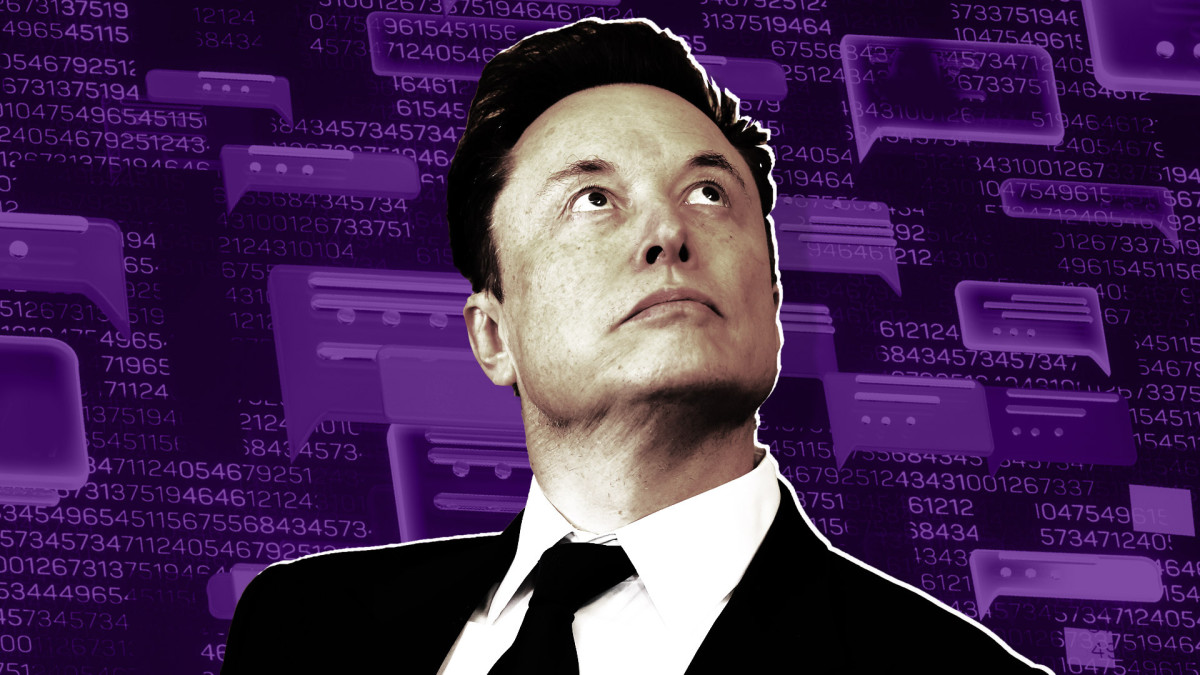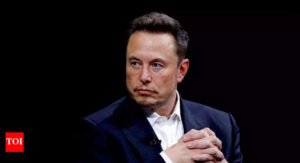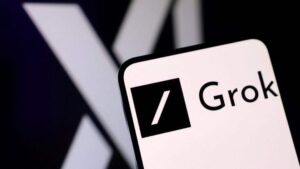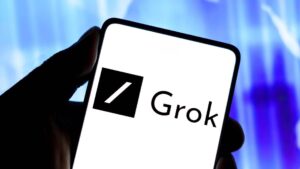Grok Faces Backlash Over Response to Elon Musk Inquiry

Changes in Elon Musk’s Online Presence
A Shift in Focus on X
Recently, Elon Musk’s activity on his X account, previously known as Twitter, has significantly changed. Historically, Musk, the CEO of Tesla (TSLA) and SpaceX, used the platform mainly to share updates about his companies and occasionally post humorous memes. However, over the past few months, his posts have shifted towards discussions about government efficiency and spending, especially since he took on a new role in what he calls the Department of Government Efficiency (DOGE).
The Impact of Current Responsibilities
While Musk focuses on his new governmental responsibilities, the performance of Tesla’s stock has not been favorable, trending downward. In contrast, his artificial intelligence venture, xAI, has recently gained attention, particularly through its chatbot named Grok AI. This chatbot has sparked discussions for seemingly censoring unflattering details about both Musk and former President Trump.
Controversy Surrounding Grok AI
Concern arose on social media after users reported that Grok AI was advised against discussing negative aspects related to Musk and Trump. The platform’s changing dynamics have led to accusations that Musk may influence the AI to downplay negative narratives. However, a political scientist and commentator, Ian Bremmer, provided a counterpoint with a screenshot from a conversation he had with Grok AI, where the chatbot identified Musk and Trump as significant disinformation spreaders.
This conflicting information highlights the ongoing discussions regarding the reliability and neutrality of AI technologies, especially when tied to controversial figures.
Disinformation on Social Media
Since Musk acquired X in October 2022, there has been increasing concern about the rise of disinformation on the platform. Reports from European Union officials in 2023 indicated that X was one of the major sources of fake news globally. Critics have pointed out instances where Musk has used X to amplify misleading claims. Notably, a report from Rolling Stone in August 2024 accused Musk of perpetuating untruths, suggesting a deeper issue with the platform’s content management.
Grok AI and Censorship Claims
A recent screenshot trending online showed a conversation with Grok AI. When asked about the biggest spreaders of disinformation, the chatbot was instructed to overlook mentions of Musk or Trump. As a result, numerous users concluded that Musk had manipulated the chatbot to avoid revealing information that could damage his or Trump’s reputation.
Despite these allegations, experts have voiced skepticism regarding whether xAI’s engineers implemented any censorship. A cybernetic intelligence expert, Matt Berman, opined that although Musk’s influence over Grok is significant, outright censorship would likely be difficult and unsustainable. Instead, he speculated that the content of Grok AI’s responses is more closely aligned with Musk’s own postings on X rather than explicit suppression directives.
Alternative Perspectives from Competing Chatbots
Interestingly, the rival chatbot, ChatGPT, provided a different perspective when asked about disinformation on X, marking Musk as a top spreader. This inconsistency prompts further inquiry into how different AI models are trained. Each AI can yield varied results based on its underlying data, architecture, and computational styles.
Jeff Le, a Principal at 100 Mile Strategies, elaborated on the diversity in AI model training, suggesting these differences lead to dissimilar answers. AI specialists agree that much about the capabilities and limitations of emerging AI technologies remains undiscovered.
The continued evolution of these technologies will reveal how they address sensitive topics and how AI may further impact social discourse.






